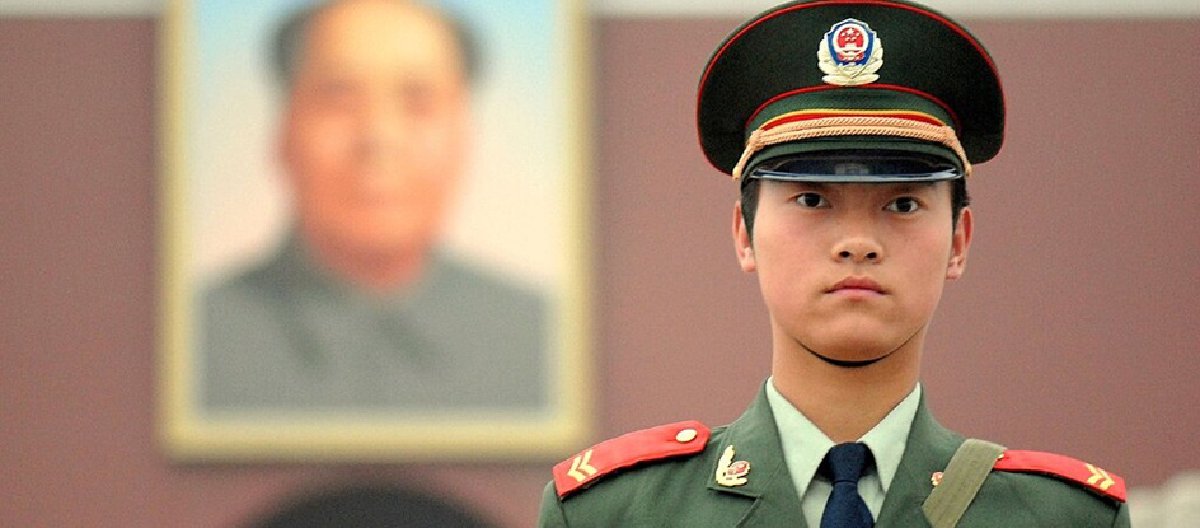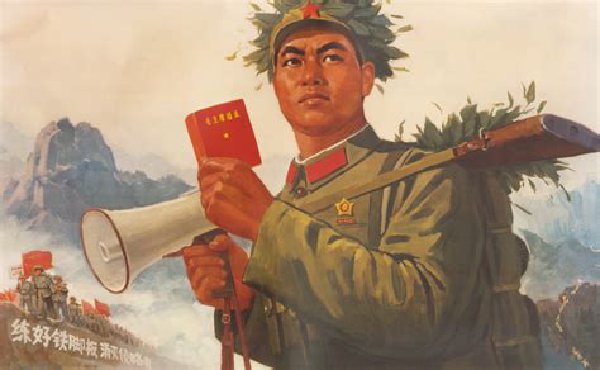Chinese Propaganda Against Japan and Israel#
Source: Mida
In recent decades, Chinese media and political systems have employed a variety of propaganda tools, some covert and some more overt, targeting various countries in East Asia and the Middle East. Two prominent countries often subjected to accusations or negative narratives are Japan and Israel – each for its unique reasons.
The Historical Context with Japan#
Relations between China and Japan are historically charged, dating back to World War II. The collective memory in China focuses on difficult events like the “Nanjing Massacre,” and the state repeatedly uses them as part of the national narrative. The education system, cinema, and television programs in China emphasize the suffering caused, thereby building a public prone to distrust and suspicion towards Japan even in the modern era. Additionally, the current struggle for regional influence in economics, technology, and maritime security further reinforces the Chinese leadership’s need to shape an image of a “continuous historical enemy.”
Israel in the Chinese Context#
Israel occupies a different and more complex place in the Chinese propaganda apparatus. On one hand, China and Israel maintain extensive economic ties in technology, agriculture, and health. On the other hand, in internal discourse managed on state-controlled social media and in academic or political discussions, Israel is sometimes presented as responsible for tensions in the Middle East, especially in the Palestinian context. Various propaganda tools use imagery and narratives that portray Israel as closely linked to the United States, China’s geo-strategic rival.
Similarities and Differences Between the Two Cases#
In the case of Japan, the emphasis is placed on historical wounds and the national sentiments of the Chinese themselves. In contrast, the Israeli case involves more of an external narrative related to China’s global standing and its attempts to present itself as a “just” global power protecting the oppressed.
Impact on Public Opinion#
This propaganda has a real impact on public attitudes. Internal surveys indicate that a significant portion of young people in China are primarily exposed to local media sources, and therefore are almost exclusively exposed to anti-Japanese or anti-Israeli perspectives. This shapes a public image that hinders cooperation, even when clear economic interests exist on both sides.
Conclusion#
The approach of Chinese media and the state towards Japan and Israel demonstrates how modern propaganda is not merely focused on history or current political events, but serves as a tool in the global geo-political arena. For Israel, understanding these narratives is especially important in order to consider how to continue developing economic ties with China, while simultaneously identifying the diplomatic challenges involved.




